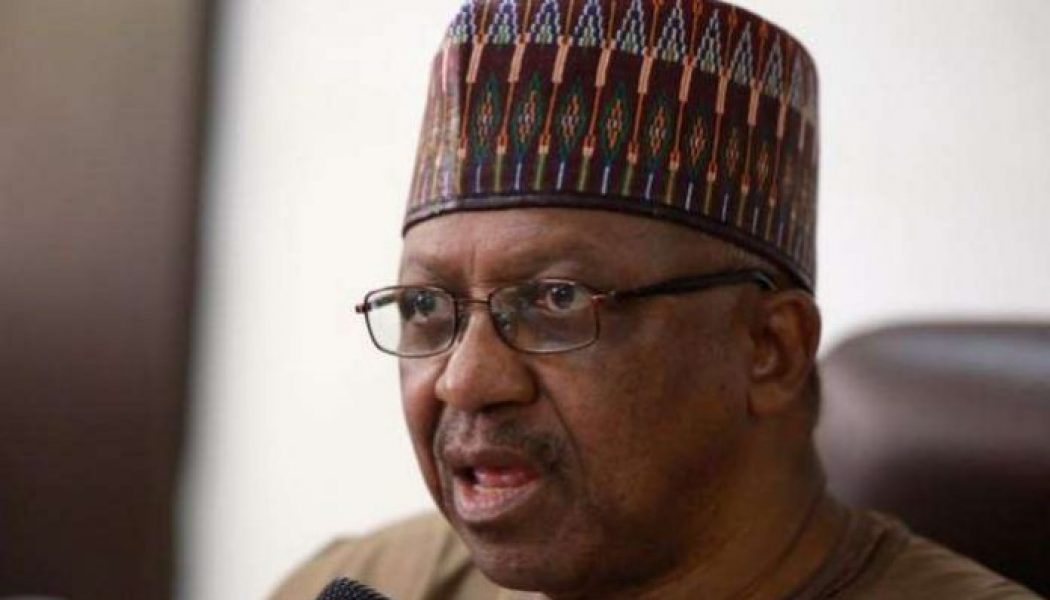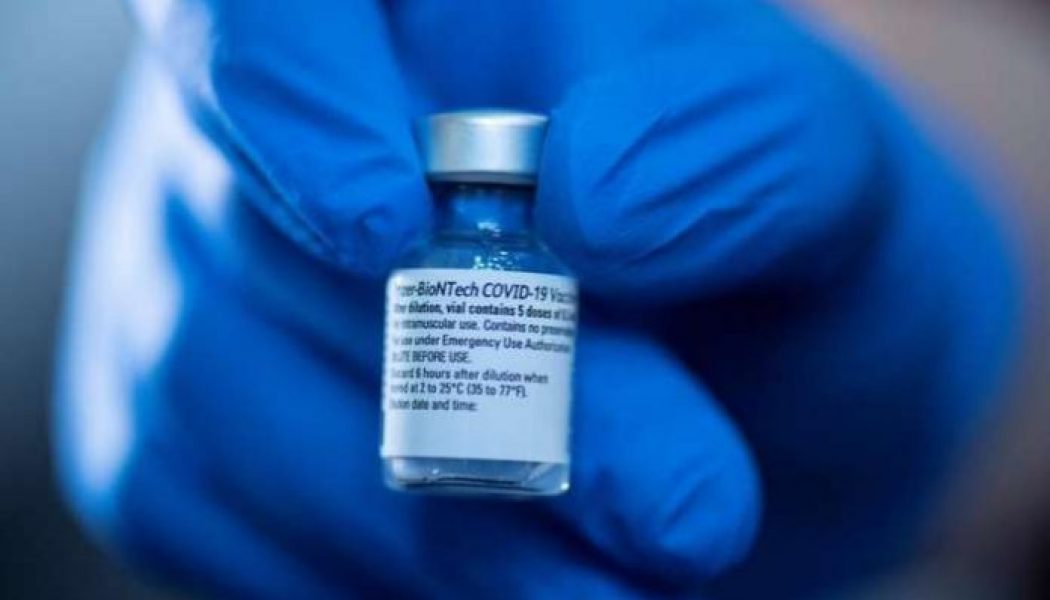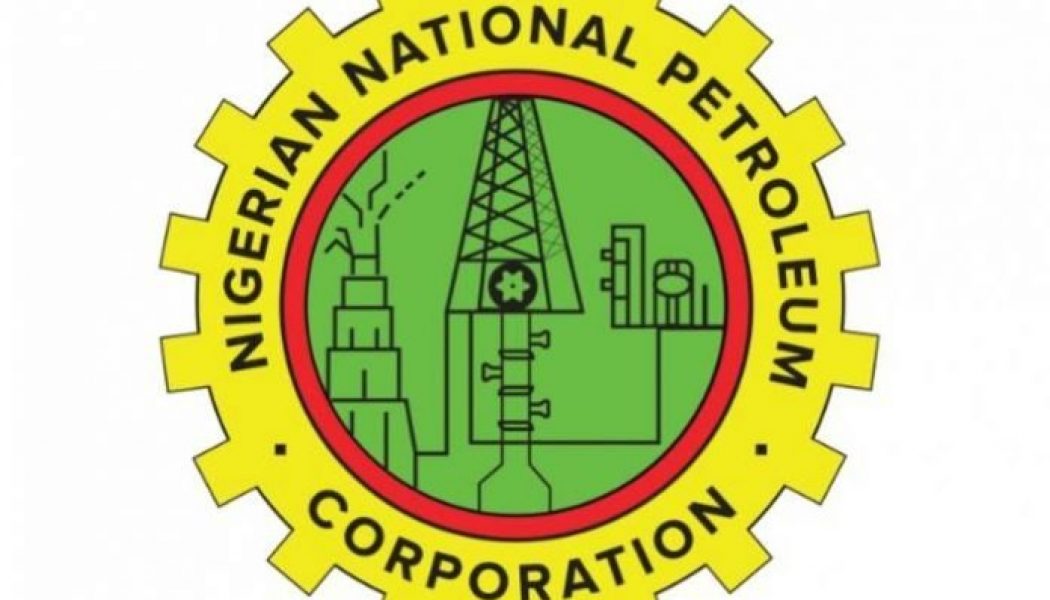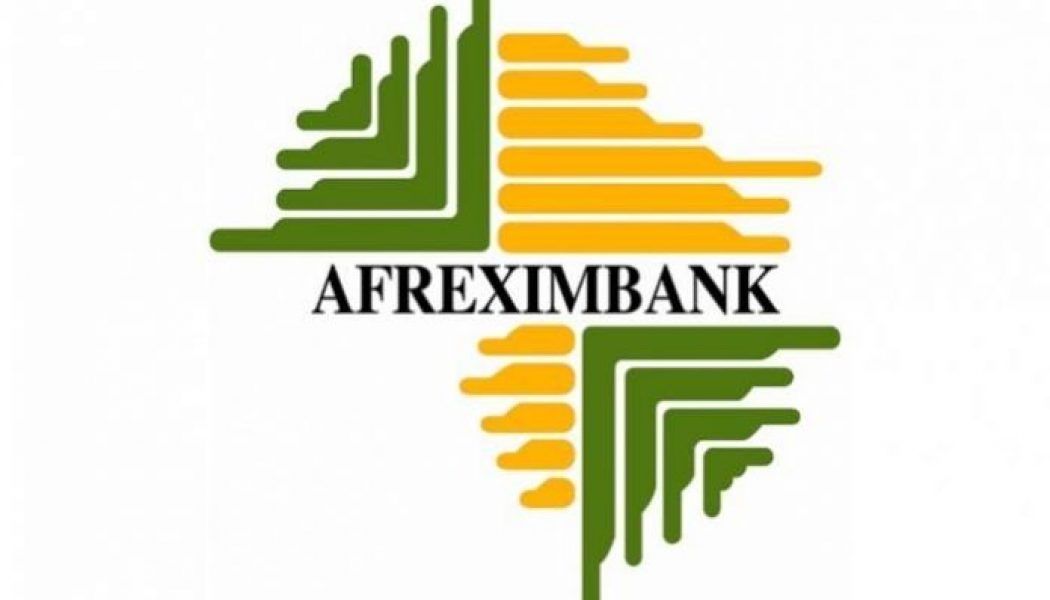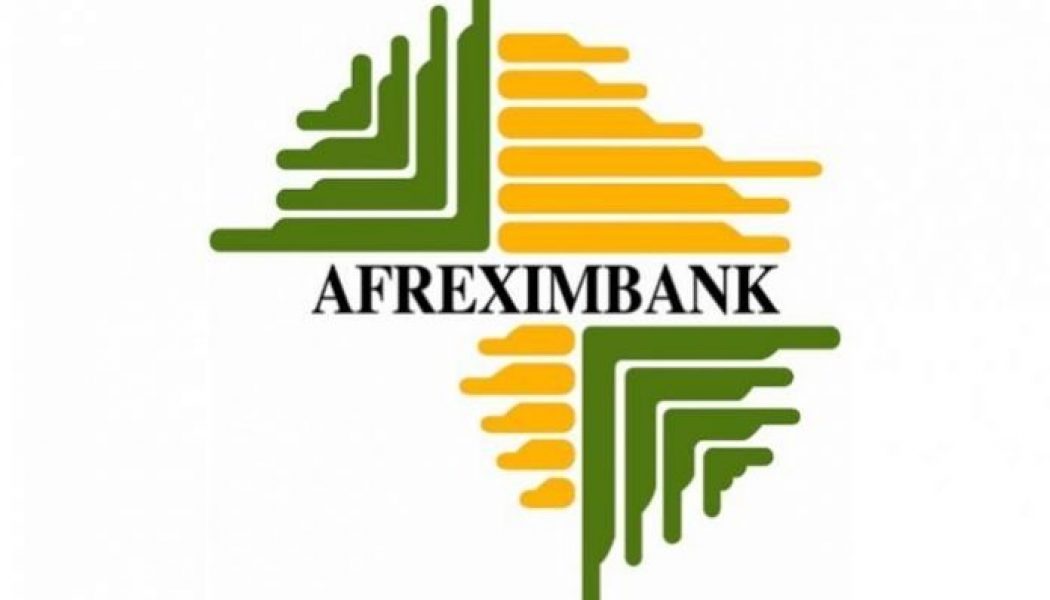Afreximbank
NNPC seeks $1 billion funding to revive PHC refinery
The Nigerian National Petroleum Corporation, NNPC, is currently shopping for $1 billion to revamp Nigeria’s biggest refinery located in Port Harcourt, Rivers State. To realise its plans, the nation’s oil company is already in high-level discussion to raise the money via a prepayment deal with trading firms. If the financing is successful, the long overdue rehabilitation of the refinery should reduce Nigeria’s hefty fuel import bill. It would also mark Nigeria’s second oil-backed financing since the COVID-19 pandemic that has added to the difficulty of finding investors as fuel demand is sapped by lockdowns and renewable energy is gaining ground over fossil fuels. The money would be repaid over seven years through deliveries of Nigerian crude and products from the refinery once the refurbis...
Afreximbank clinches African Banker’s Debt Deal of the Year award
The African Export-Import Bank (Afreximbank) has been announced the winner of the Debt Deal of the Year Award at the 14th Annual African Banker Awards 2020. The awards, which held virtually on Wednesday, recognized institutions and individuals driving growth and development in Africa and creating new economic opportunities for citizens and communities across the continent. The Debt Deal of the Year Award was granted to Afreximbank for a EUR 1 billion syndicated senior loan facility arranged with Credit Suisse for Nigeria’s Bank of Industry. The funds have supported the Bank of Industry’s (BoI) work expanding, diversifying and modernizing Nigeria’s industrial sector. Having originally been sized at EUR 750 million, the debt raising was successfully upsized to EUR 1 billion through a general...
Afreximbank approves $400 million facility to improve agriculture in Africa
The African Export-Import Bank (Afreximbank), Africa’s foremost multilateral trade finance institution, has approved a $400-million revolving global credit facility agreement for the Export Trading Group (ETG), one of the largest and fastest-growing integrated agricultural conglomerates in Africa. The agreement will enable ETG to keep playing its vital role in the agri-foods supply chain of efficiently connecting African farmers to markets, as well as expanding access to key inputs to boost agricultural productivity in a continent with tremendous but yet unrealized potential. According to Afreximbank’s estimates, Africa spent over $90 billion on food imports in 2019, even though it possesses up to 60 percent of the world’s remaining arable land. Moreover, the Food and Agriculture Organizat...


